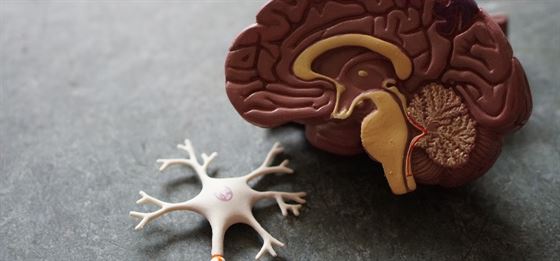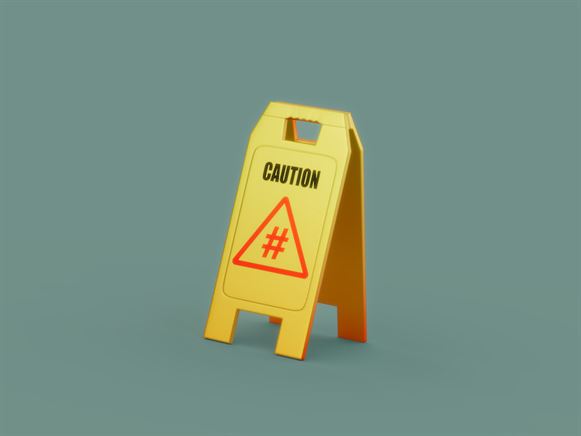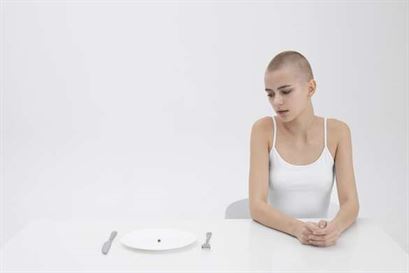
Managing Postpartum Depression
.jpg)
The period following the birth of your child can be a roller coaster of emotions. You may experience a range of emotions, from delight to fear to despair. You may be suffering from postpartum depression (PPD) if your depression becomes serious and starts to interfere with your daily life.You are not alone if you believe you are depressed. In the study on Postpartum Depression in Dubai, it was revealed that 33% of new mothers suffer from Postpartum. The prevalence of suicidal ideation was 14 out of 504 (3%), among which 11 (79%) had EPDS score of ≥10. Women's employment status, baby's birth weight, stressful life events and marital conflict were noted as statistically significant predictors in the study.
Although PPD is widespread and may be harmful, only a small percentage of cases are discovered during routine care in primary health care settings, and the majority of depressed moms in the community go undiagnosed and untreated. Seeing your doctor is the most effective approach to identify and treat PPD. They can assess your symptoms and recommend the best course of action for you. Psychotherapy, antidepressants or a combination of the two may be beneficial. You can also assist yourself and cope with regular life by doing things at home. Continue reading to learn more about how to deal with PPD.
What are the signs and symptoms of postpartum depression?
Some people experience embarrassment over their symptoms or believe they are bad parents for having those feelings. Postpartum depression is very prevalent. It doesn't make you a bad person; you're not the only one who feels this way.
If you go through any of the following, you may be suffering from postpartum depression:
- Feeling sad, worthless, hopeless or guilty
- Worrying excessively or feeling on edge
- Loss of interest in hobbies or things you once enjoyed
- Changes in appetite or not eating
- Loss of energy and motivation
- Trouble sleeping or wanting to sleep all the time
- Crying for no reason or excessively
- Difficulty thinking or focusing
- Thoughts of suicide or wishing you were dead
- Lack of interest in your baby or feeling anxious around your baby
- Thoughts of hurting your baby or feeling like you don't want your baby
If you believe you may be suffering from postpartum depression, speak with your doctor or a mental health professional. Your paediatrician can also help you in this situation.
Can postpartum depression of mothers affect their offsprings?
To evaluate the impact, researchers used data from the British Avon Longitudinal Study of Parents and Children. Evidence suggests that both persistent and severe postpartum depression increase the risk of adverse outcomes in children. It has listed an association between postpartum depression and delayed cognitive and language development, disorganized or insecure attachment, higher rates of behavioral problems and lower grades among kids with PDD-afflicted mothers. In addition, there is a documented link between postpartum depression and higher rates of depression in children during the latter teen years.
Self-care methods for postpartum depression:
1. Bond with Your Baby
Spend some particular time holding, playing, chatting, touching, and feeling your baby in your arms to simply bond with them. When you and your child successfully link, your child will feel secure enough to grow up and form lasting bonds with others. Both you and your baby will benefit from developing a close relationship. The hormone oxytocin is released when you are physically close to your baby. You feel happier and more sensitive to your baby's feelings when oxytocin levels rise.
2. Examine Breastfeeding
Ensure that your child is fed consistently. In addition to being good for your child, research has shown that breastfeeding lowers the risk of postpartum depression. When feeding, some women will occasionally exhibit depression symptoms known as the dysphoric milk ejection reflex (D-MER). When this happens, it's best to feed while engaging in deep breathing exercises or music to lift your spirits. Pick a different method of feeding your baby if that doesn't help.
3. Maintain a Balanced Diet
PPD cannot be cured by healthy nutrition alone. Getting into the habit of eating nutritious foods, on the other hand, can help you feel better and provide your body with the nutrition it requires. Plan your meals for the week on the weekend, and even prepare healthy snacks ahead of time. Consider entire foods that are easy to take on the run, such as diced carrots with cubed cheese or apple slices and peanut butter.
4. Indulge in Me-Time
Breast-feeding may make you feel trapped on the couch. Work, household chores or your older children may be making you feel overwhelmed. Rather than dealing with these pressures alone, seek assistance. Allow your partner or another responsible adult to look after the child for an hour or two. You might find it beneficial to set aside some time for yourself once a week. You can use this time to decompress even if you can just go out of the house in between nursing sessions. Take a walk, nap, watch a movie or practise yoga and meditation.
5. Consult Experts
Psychotherapy is the most effective treatment for PPD. This entails discussing your ideas and feelings with a mental health expert. You can focus on coping and problem-solving strategies during your sessions. You can also make goals and figure out how to respond with certain situations so that you feel better and more in command.
Suggested Measures:
The following are some of the treatments for postpartum blues that are recommended:
- Rest
- Exercise
- Support groups for new mothers
- Herbal treatments
- Acupuncture
- Services of a postpartum doula
The scary part is that practically every mother will suffer from postpartum depression in some way. However, you should remember that with the right treatment, all of these conditions can be treated. Hang in there and surround yourself with family and friends, who could assist you through this difficult emotional period.
Articles
Build your awareness and get inspired with our researched articles on how you can strengthen your well-being
Popular Topics
An OTP has been sent to the email address
provided.
Please check your Inbox and Spam folders.

What Would You Like to Speak with a Specialist About?
Mental Fitness Journey starts Now!
Chearful Connects you with Top-tier Qualified Wellness specialists for the Price of a cup of Coffee!

Next Steps
- A Client Team member will reach out to you to schedule a session with the most suitable specialist.
- You will receive an email with a 10% Discount Code* for your 1st session.
- We invite you to Explore the Platform & Sign Up today! *Upto a maximum of $10 discount on a session purchased




 2036 Read
2036 Read




.jpg)








.png)
.png)
.jpg)

.jpg)

.jpg)




.jpg)


































.jpg)

.jpg)
.jpg)












































